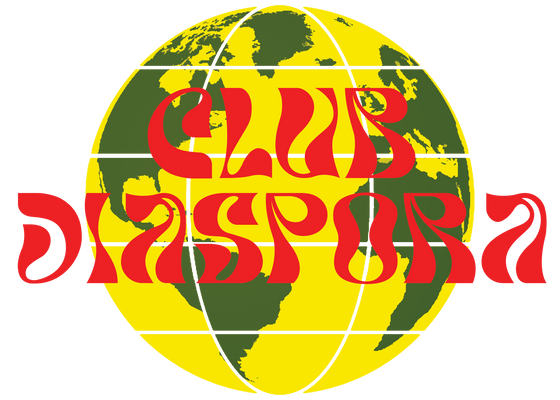Bass House: The Fusion of Groove and Energy
Introduction
Bass House, a genre that marries the groove of house music with the energy of bass-heavy genres like dubstep and drum & bass, has been making waves in the electronic music scene. Known for its pulsating basslines, intricate rhythms, and high-energy drops, Bass House is a genre that refuses to be ignored. In this article, we'll delve into its origins, key artists, industry dynamics, and future prospects.
Historical Background
Origins and Influences
Bass House emerged in the early 2010s as a fusion genre, combining elements of traditional house music with influences from bass-heavy genres like dubstep, garage, and drum & bass. The genre gained initial traction in the UK before spreading to the United States and other parts of the world.
Evolution and Globalization
The genre has evolved rapidly, with artists experimenting with various sub-elements to create unique sounds. Bass House has also found a global audience, thanks to the rise of music festivals and streaming platforms that have given it a worldwide platform.
Popular Artists and Trendsetters
Jauz
American DJ and producer Jauz is often credited with popularizing Bass House on a global scale. His tracks like "Feel the Volume" have become anthems in the electronic music community.
Joyryde
Joyryde's unique style, which incorporates elements of trap and hip-hop into Bass House, has made him a standout artist in the genre.
AC Slater
AC Slater has been instrumental in bringing the Bass House sound to the United States. His label, Night Bass, has become a hub for the genre.
Industry Overview
Record Labels and Distribution
Several record labels specialize in Bass House, providing a platform for emerging talents. These labels play a crucial role in the genre's distribution and commercial success.
Streaming Metrics
Bass House has seen impressive growth on streaming platforms. Playlists dedicated to the genre have amassed millions of followers on Spotify and Apple Music, indicating a strong demand.
Live Performances and Tours
Bass House artists are a staple in electronic music festivals and club scenes. The genre's high-energy nature makes it ideal for live performances, contributing to its commercial viability.
Market Dynamics and Share
The Electronic Music Market
Bass House has carved a niche for itself in the broader electronic music market. While exact market share figures are hard to come by, the genre's presence in major festivals and playlists suggests a growing influence.
Global Reach
The genre has a global appeal, with strong fan bases in the UK, the US, and increasingly in Asian markets like Japan and South Korea.
Monetization and Sales
Digital platforms have been a boon for Bass House, offering multiple avenues for monetization, including streaming royalties, digital downloads, and merchandise.
Future Growth Potential
Market Projections
The genre is expected to see steady growth, particularly as electronic music continues to dominate global music markets. Its adaptability and crossover potential make it a genre to watch.
Technological Advancements
Advancements in music production technology could offer new creative possibilities for Bass House, allowing for more complex and innovative compositions.
Cultural Impact
While Bass House may not have the deep cultural roots of some other genres, its fusion nature makes it a melting pot of various musical influences, contributing to its broader cultural relevance.
Conclusion
Bass House is a genre that encapsulates the evolution of electronic music, blending traditional elements with modern influences to create a sound that is both familiar and fresh. Its rapid growth and adaptability make it a genre with significant future potential, offering exciting opportunities for artists, fans, and industry stakeholders alike.

